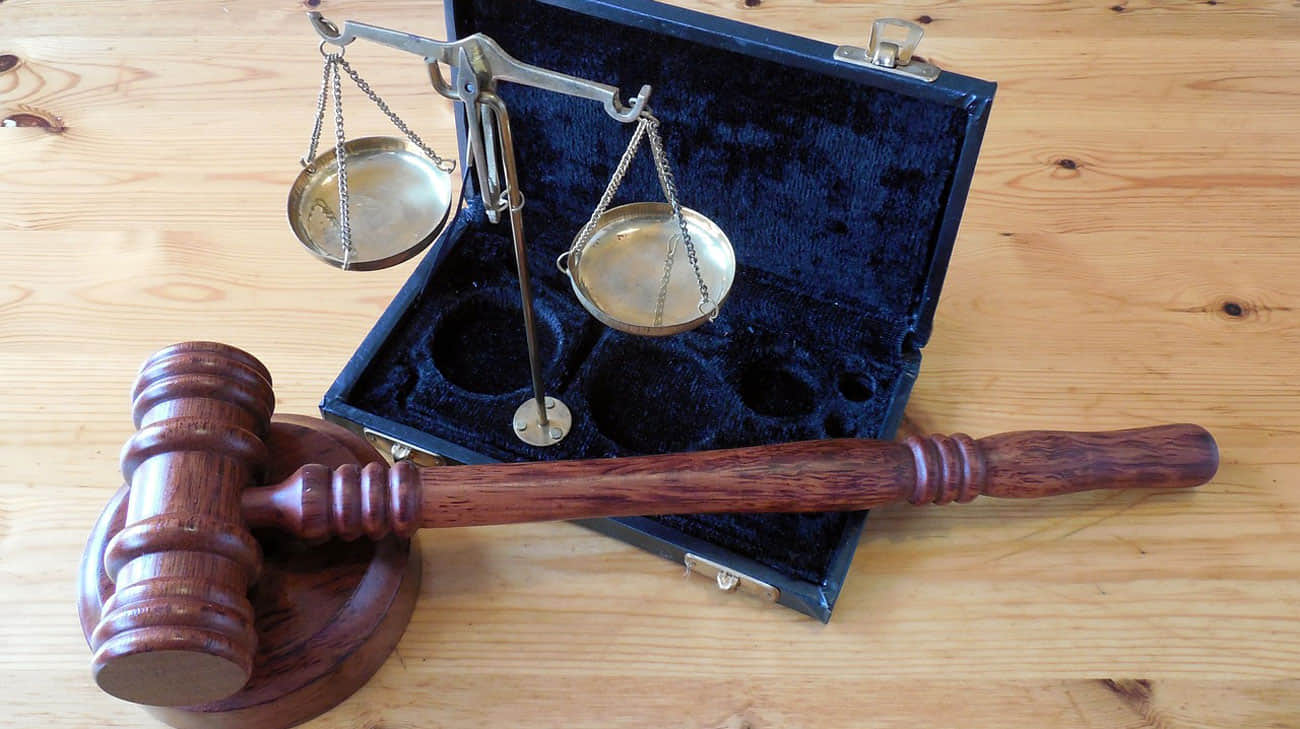Search results
News about Fox Valley Pride, Dolly Parton, Ryan McDonagh
News about Wisconsin, Kate Hudson, rest stops
News about Peyton Manning, Desire, NFL executive role
Also in the news
Dec 9, 2009 · Desire. First published Wed Dec 9, 2009; substantive revision Thu Apr 9, 2015. To desire is to be in a particular state of mind. It is a state of mind familiar to everyone who has ever wanted to drink water or desired to know what has happened to an old friend, but its familiarity does not make it easy to give a theory of desire.
- Reasons for Action
Desire-based accounts of this sort have been defended...
- Preferences
So, Millgram argues, the desire-at-will was not genuine....
- Moral Motivation
Belief and desire, as a conceptual matter, it is argued,...
- Reasons for Action
Oct 16, 2015 · Finally, a few rare individuals have only one desire. These are the great mystics—spiritual leaders who often practice meditation, which is a demanding discipline designed to reduce one's number ...
e. Desires are states of mind that are expressed by terms like "wanting", "wishing", "longing" or "craving". A great variety of features is commonly associated with desires. They are seen as propositional attitudes towards conceivable states of affairs. They aim to change the world by representing how the world should be, unlike beliefs, which ...
desire: [verb] to long or hope for : exhibit or feel desire for.
Nov 7, 2014 · The origins of desire. Desire is intimately connected to pleasure and pain. We feel pleasure at the things that, in the course of evolution, have tended to promote the survival and reproduction of ...
Desire definition: to wish or long for; crave; want. . See examples of DESIRE used in a sentence.
Philosophy of desire. In philosophy, desire has been identified as a recurring philosophical problem. It has been variously interpreted as what compels someone towards the highest state of human nature or consciousness, as well as being posited as either something to be eliminated or a powerful source of potential.





